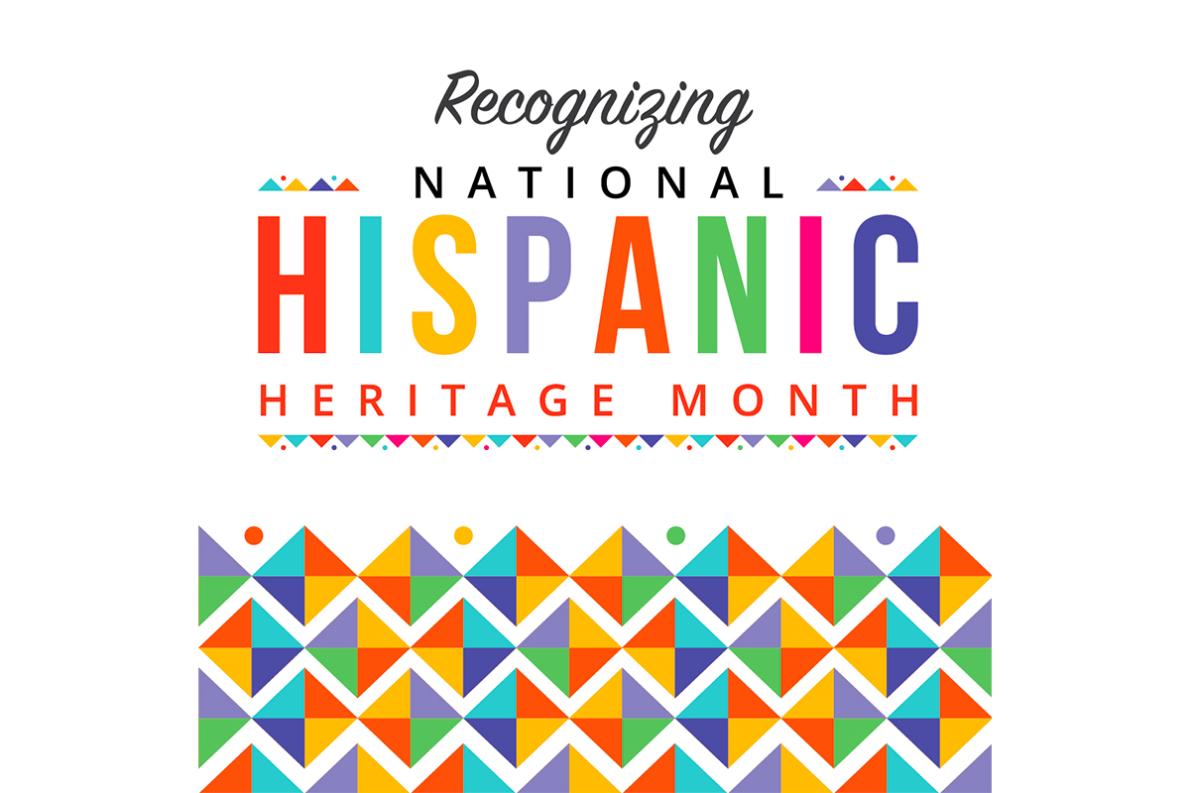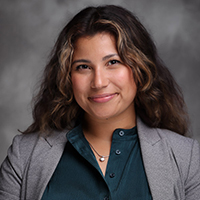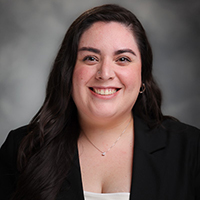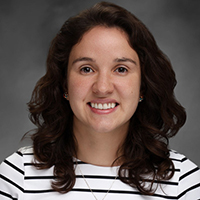Student Perspectives: How Heritage Shapes Occupations

Have you ever considered how your identity influences your participation in and experience of your occupations?
Duke Occupational Therapy Doctorate (OTD) students learn early and often that sociocultural context shapes, and is shaped by, the actions and behaviors of individuals and the specific ways these actions are performed. As we celebrate National Hispanic Heritage Month, we asked students who identify as Hispanic or Latinx how their background influences the occupations in which they participate.
How is your heritage and identity reflected in your occupations?

Fatima Al-Sarakbi Hernandez, OTD '26
My heritage emphasizes the importance of connections, so I strive to serve others in every occupation I encounter by strengthening relationship bonds. This focus on relationship-building shapes how I participate in and experience various occupations.

Itzel Grijalva, OTD '25
Some occupations I participate in that reflect my Hispanic identity are Dia de los Muertos, making traditional Mexican dishes my mother and grandmother made for me growing up, listening to the music my grandparents listened to, and going to grocery stores directed to the Hispanic/Latinx population.

Paola Dávila Uzcátegui, OTD '27
I experience my occupations through my heritage and identity lens, where each activity becomes a shared effort inspired by advocacy and justice for the lives and cultures surrounding me. Cacerolazos are social demonstrations in Latin America that are a form of resistance—this occupation entails banging pots and pans used to protest. I walked along with my mother, brother, grandparents, family, and friends around the city of Mérida, Mexico, fighting for the freedom to choose our future. During these pivotal moments, I understood the profound significance of mutual support and all forms of advocacy. Our collective endeavors to pursue justice continue to foster a deep sense of belonging and unwavering determination.